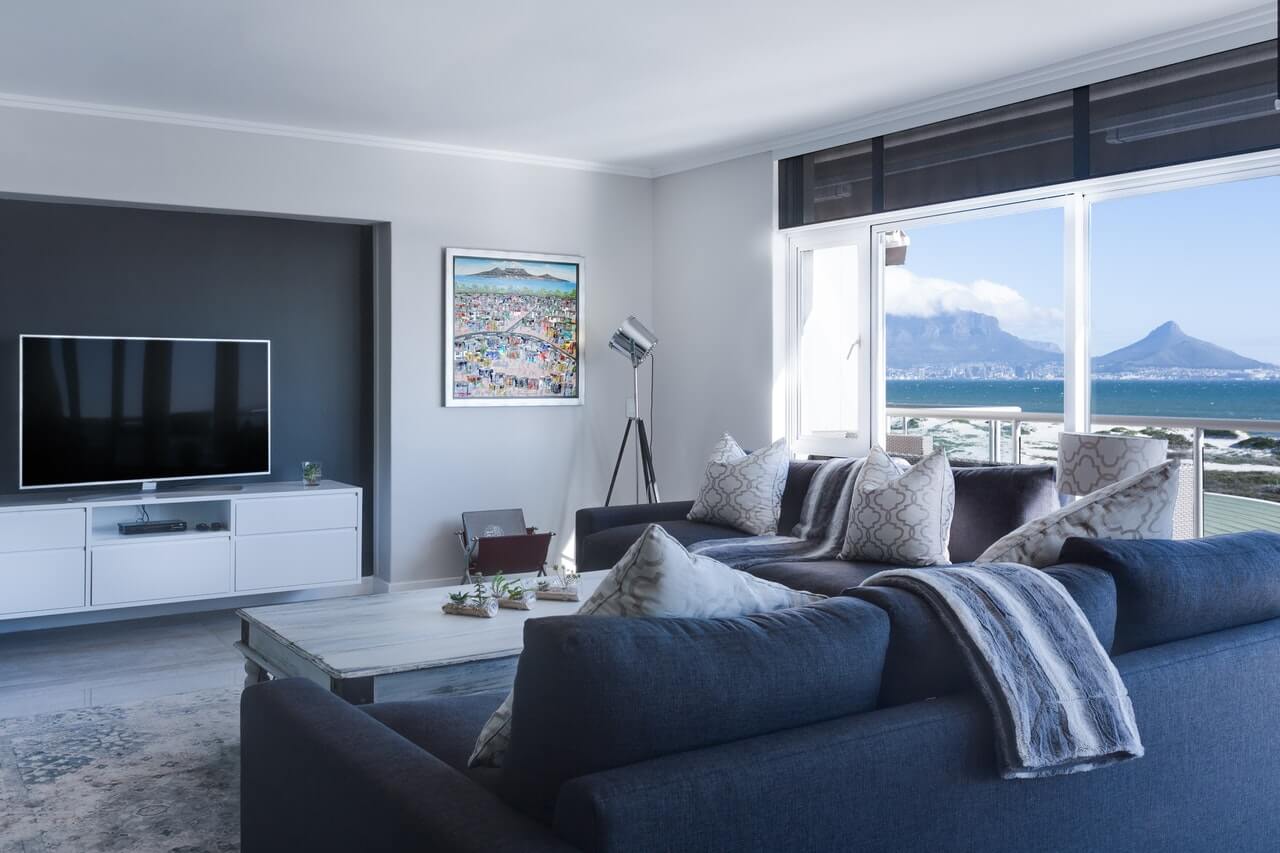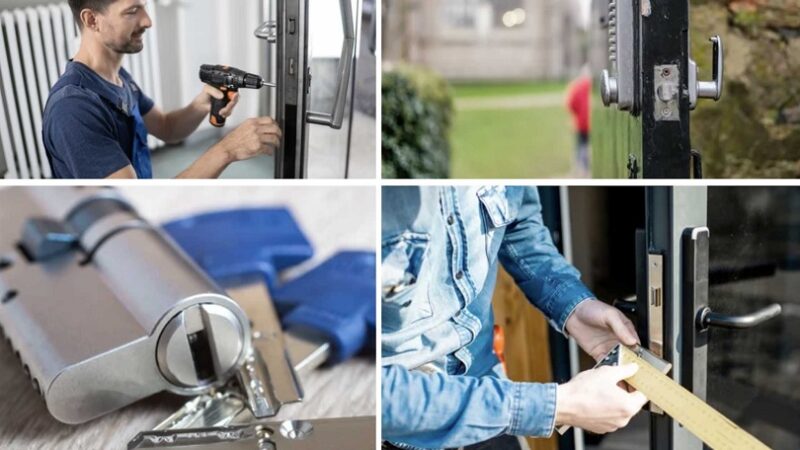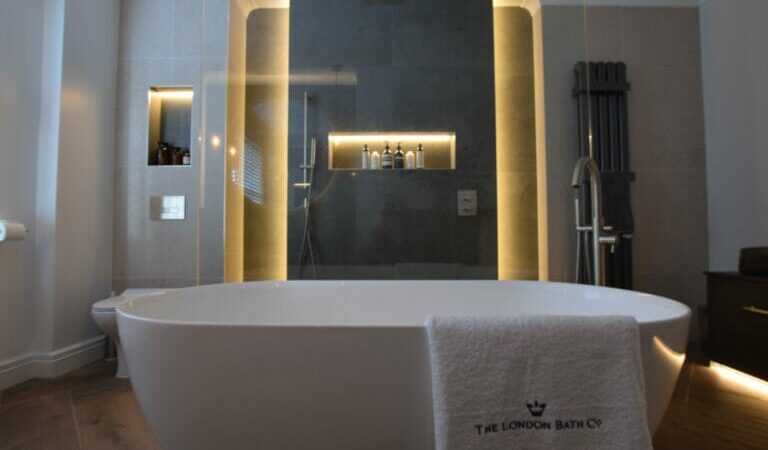How to ventilate an apartment

I think everyone already knows why it is necessary to ventilate an apartment and how much fresh air affects one’s well-being and state of health. However, surprisingly, the question “How to properly ventilate an apartment” arises more and more often. Almost all modern apartments are equipped with plastic windows, which are almost leakproof. Thanks to such windows, street noise, dust, and cold do not penetrate the apartment, but they also deprive the passive flow of fresh air, which is provided by wooden windows due to gaps.
Given all the advantages of plastic windows, to refuse them would be inconvenient and irrational, but it is also necessary to provide the room with fresh air. We have collected some simple recommendations on how to properly ventilate the apartment and are ready to share them.
How often do you need to ventilate the apartment in the summer?
Given that a person constantly emits carbon dioxide, it is worth ventilating the apartment every day. In the summer, in a favorable environment outside the window, the windows cannot be closed at all. If there is noise, dust or too cool weather under the windows, you can restrict yourself to airings lasting 20-30 minutes, you need to carry them out at least twice a day – in the morning and the evening, and also in the middle of the day if intensive physical or intellectual work is taking place in the room.
How often do you need to ventilate the apartment in winter?
The cold season makes its adjustments, constantly closed windows can lead to condensation, which threatens mundane problems with furniture, books, and repairs in general. In winter, it is better to limit yourself to airing lasting 10-15 minutes. The minimum amount of airing is in the morning after waking up and in the evening before bedtime. In wintertime, it is advisable to monitor the level of carbon dioxide in the room and to ventilate as it reaches 800 ppm.
Fresh air warms up faster than stale, after winter airing the heat will quickly return to the room.
Features of airing in rooms
When we talk about how much you need to ventilate the apartment in winter or summer, you cannot help but mention the features of different rooms. The bedrooms should be ventilated especially carefully; the state of health in the morning depends on the microclimate in which we sleep. Also, for rooms with high humidity, such as kitchens and bathrooms, a constant flow of air is recommended, since high humidity during stagnation can lead to the formation of mold, which does not need you or your repair.
How to quickly ventilate an apartment?
The easiest way, if we are dealing with airing with open windows, is still to open the windows wide open. Ventilation is best arranged if the windows overlook the park or a quiet courtyard. Given that all windows are fully open, in summer the duration of through ventilation depends on the weather and personal preferences, in winter their duration should not exceed 2-3 minutes. Then the clean air gets into the apartment, not the exhaust fumes. However, most of all, the question of the rate of saturation of clean air arises if you need to ventilate an apartment with a child.
Open windows in the summer can be a threat to a curious baby; in winter, even slight hypothermia can lead to illness.
In such a situation, it is better to ventilate the rooms in turn. Through ventilation is more effective than micro ventilation, regardless of the time of year. Quick air exchange will not allow the room to cool in the winter, and it will become much easier to breathe.
How to ventilate an apartment without opening windows?
High-quality ventilation can be implemented using forced ventilation. The breather will constantly supply fresh air to the room, while the windows will be closed and the room will be protected from street noise, dust, and cold. Also, the breather cleans the air through several filters, and in the winter carefully warms up to your chosen temperature.
What do you need to remember when creating a microclimate?
The level of carbon dioxide is not the only thing that determines the atmosphere of your home. Feeling of stuffiness can be confused with heat, excessive or insufficient humidity also affects well-being. Now some devices allow you to control all the parameters of the microclimate.
If you pay attention to all factors, you can achieve perfect quality throughout the house and excellent health for all who live in it. Be healthy!





